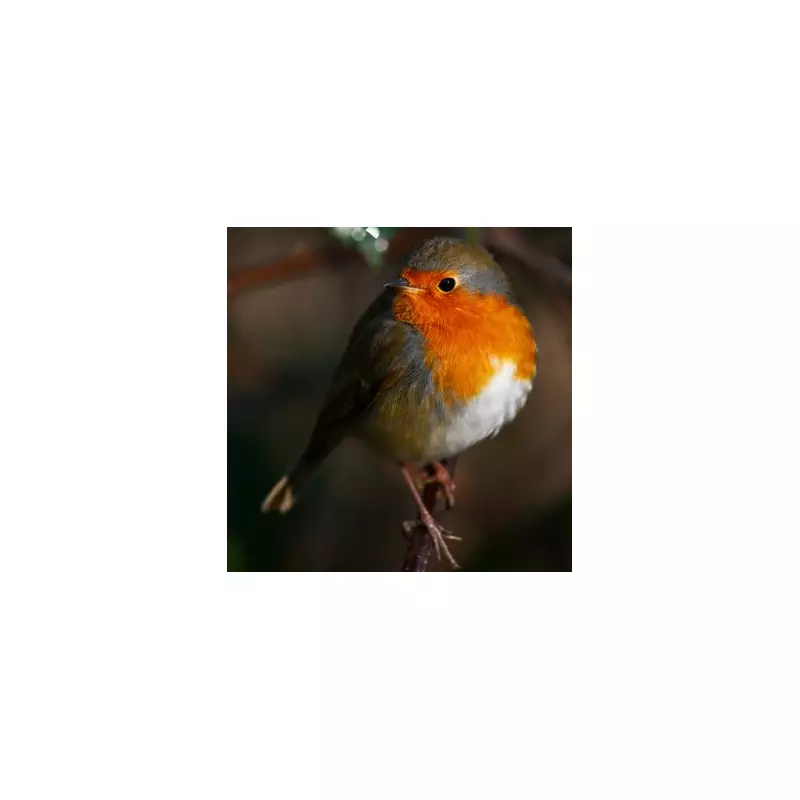
As the winter chill sets in across the UK, our gardens transform into frosty landscapes, creating a challenging environment for local bird populations. The Royal Society for the Protection of Birds (RSPB) has identified three crucial actions gardeners can take to support these feathered visitors during the harsh winter months.
Provide Essential Winter Nutrition
With daylight hours significantly reduced and natural food sources becoming scarce, birds require extra energy to maintain body heat in freezing temperatures. The RSPB recommends putting out appropriate food to supplement their diet.
Suitable options include kitchen scraps like mild grated cheese, fruit pieces, cooked rice, unsalted hard fats, leftover roast potatoes, and dry porridge oats. For purchased options, calorie-rich choices such as mixed seeds, sunflower seeds, nyjer seeds, and peanuts provide vital energy.
However, the charity issues important warnings about foods to avoid. Cooking fats from meat juices can become greasy and damage feathers, while dried coconut, cooked porridge oats, milk, and any mouldy or salted foods pose health risks to birds.
Maintain Fresh Water Sources
Birds require access to fresh water throughout the year for both drinking and bathing, but winter presents particular challenges as water sources frequently freeze over.
Gardeners should ensure water remains available by regularly checking and breaking ice formations, then topping up with fresh water. Maintaining cleanliness is equally crucial - feeders should be cleaned weekly using mild detergent and gloves to prevent disease transmission among visiting birds.
Create Safe Shelter Spaces
Providing protection from the elements encourages birds to remain in your garden longer. Dense hedges, along with allowing ivy or holly to grow, offer natural hiding spots where birds can shelter from cold winds and predators.
Additional options include installing nestboxes and bird houses in locations sheltered from strong winds and potential predators. These safe havens give birds crucial spaces to conserve energy during the coldest weather.
The RSPB notes that these conservation efforts benefit more than just birds. Compost heaps provide warmth for frogs and toads, while gardeners planning bonfires should check for hedgehogs that might be sheltering in log piles. A shallow ground-level water dish can also help various garden wildlife, including thirsty birds stopping for a drink.





